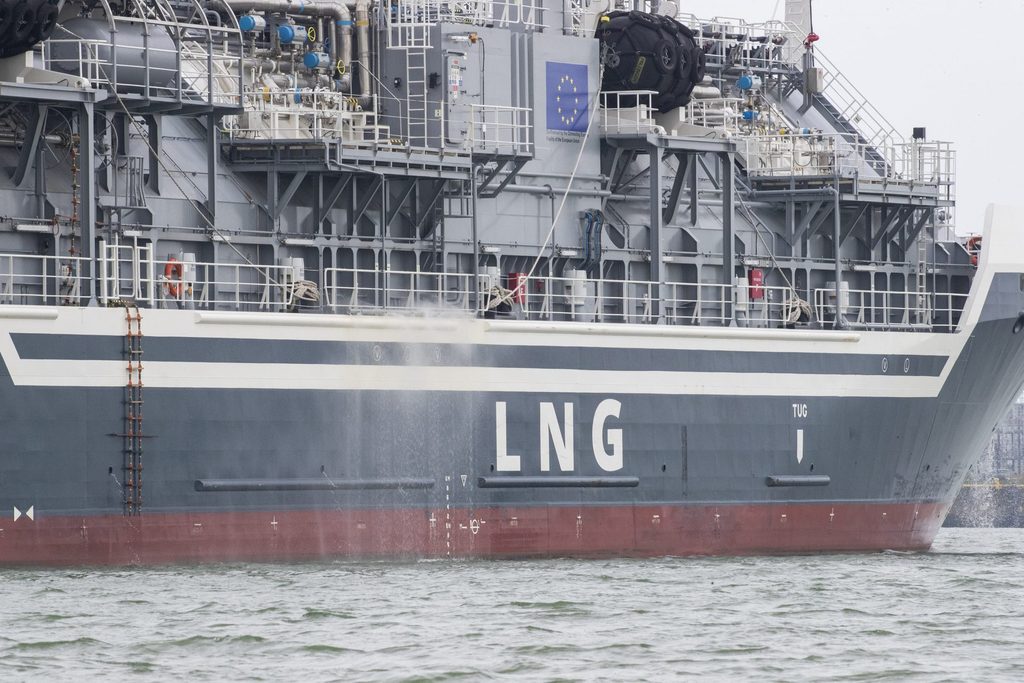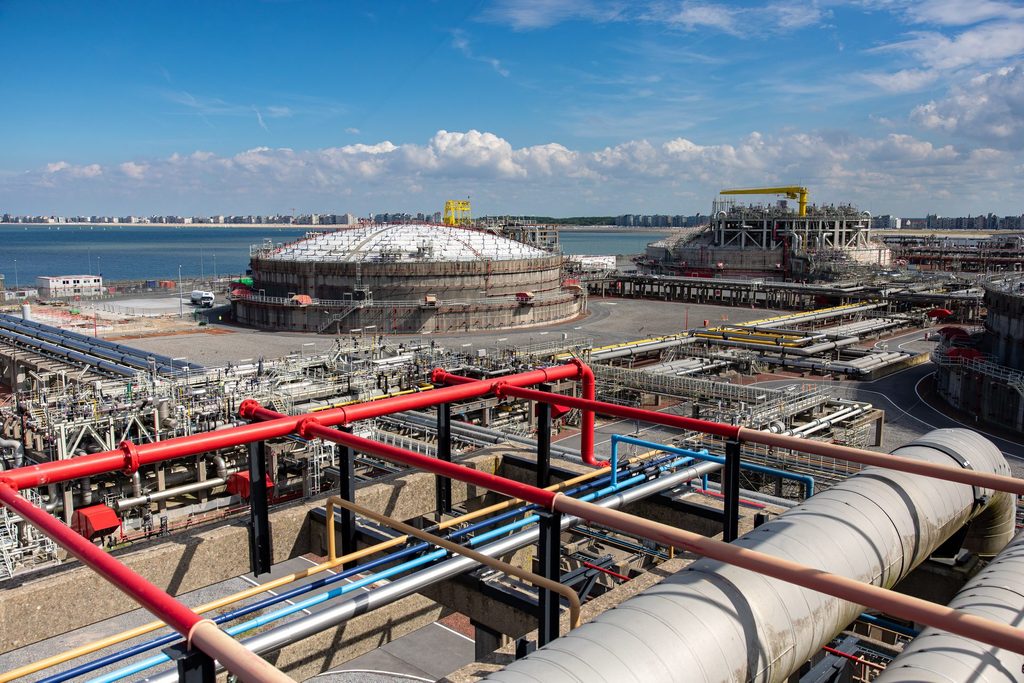Belgian Energy Minister Tinne Van der Straeten admitted that she is "uncomfortable" with the significant amount of Russian liquefied natural gas (LNG) passing through Belgium's Zeebrugge port. The sale of Russian hydrocarbons helps fund its war in Ukraine.
"Of course the supply bothers me," she stated in an interview with De Standaard. "We in Europe know what it is to be held hostage by Russia in terms of energy supplies."
Zeebrugge serves as an important transit point for worldwide exports of Russian LNG. A recent NGO Global Witness report revealed that it's the third-largest supply port for this gas, behind only China and Spain.
The distribution is managed by Fluxys' gas terminal, an operation that nets the Belgian gas transport company €50 million annually, amounting to €1 billion over a 20-year contract. During the winter, Russian ice-breaker ships filled with LNG transfer their gas supplies to all-weather ships in Zeebrugge, which then take the gas to Asian markets.
This port indirectly funds Russia’s war effort. These gas transhipments facilitate the sale of Russian gas to markets overseas. Between March and October 2022 alone, LNG sales added €1.6 billion to the Kremlin’s coffers.
Van der Straeten acknowledged the complexity of the situation. While Europe aims to phase out Russian fossil fuels by 2027, Belgium can't act unilaterally: "Unlike the British, Belgium is not allowed to take such a measure on its own... The agreement within the EU is that such a ban can only be introduced if all Member States agree. And Hungary is opposed to such an approach."
She explained that the decision must come from EU heads of government, not individual energy ministers.
Related News
- Belgium gives less to Ukraine than it earns from frozen Russian assets
- Gazprom reports sharp plunge in half-year net profit
Only 2.8% of Belgium's gas supply comes from Russia. Most of the LNG passing through Zeebrugge is sent to neighbouring countries, notably Germany. Van der Straeten argues that Belgium's role in this distribution network is a form of European solidarity.
"The Russian share in Belgium's gas supply has already been halved compared to its pre-war level in Ukraine. Belgium can do without Russian gas, but that is not true for the whole of Europe."
Van der Straeten noted ambitious plans for Belgium's upcoming EU presidency, which starts on January 1, 2024. She aims to prioritise the acceleration of renewable energy deployment. This, she believes, will naturally lead to a quicker phase-out of natural gas, particularly from Russia, across Europe.


